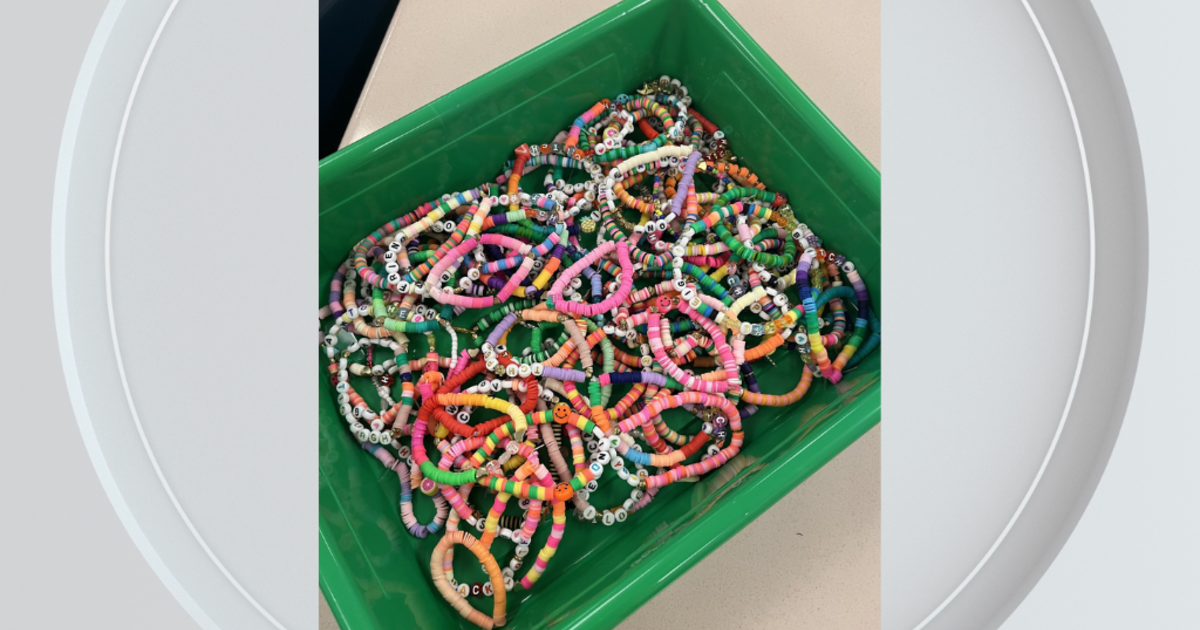Consumer Reports: Special Sunscreen For Kids Not Necessary
PITTSBURGH (KDKA) -- When you choose a sunscreen for your child, what do you look for? About a third of us buy a sunscreen that claims to be for kids, and many choose one that's doctor-recommended, according to a Consumer Reports survey.
But Consumer Reports says you don't need to buy a separate formula for babies and children.
"There's no safer ingredient just for kids," Patricia Calvo with Consumer Reports said. "Manufacturers use the same active ingredients in kids' sunscreens as they do in adult sunscreens."
For example, comparing Coppertone UltraGUARD and Coppertone Water Babies side-by-side shows the ingredients are the same.
And what about Coppertone's claim that it's the number one pediatrician-recommended brand? Coppertone says it surveys pediatricians to find out which brand they recommend.
"You might think that 'pediatrician-tested' or 'pediatrician-recommended' means that the sunscreen is safer, but those terms aren't regulated," Calvo said. "The FDA does not hold kids' sunscreen to a higher safety standard than adult sunscreen."
And while spray-on sunscreens are a popular choice, Consumer Reports says don't spray your kids.
"Kids are likely to squirm around," Calvo said. "And that means that they risk breathing in the sunscreen. That can be a lung irritant. And some sprays contain titanium dioxide, and if you breathe in those sunscreens, it could be a potential cancer risk."
Another risk: sprays can be flammable, if they haven't dried and you're near an open flame. Consumer Reports says a lotion is a better choice for children.
Consumer Reports named Equate from Walmart a best buy. Its tests show it's a good, affordable choice for the whole family. While tests show Coppertone Water Babies SPF 50 is very effective against harmful UVA and UVB rays, it costs more than twice as much per ounce as Walmart's Equate Ultra Protection SPF 50.
Also, be aware, sunscreens that claim to be sting-free or tear-free may leave out ingredients that bother the eyes. Any sunscreen that gets into the eyes, however, may cause stinging.
RELATED LINKS
More Summer Health News
More Consumer Reports News
More Reports By Jennifer Antkowiak



